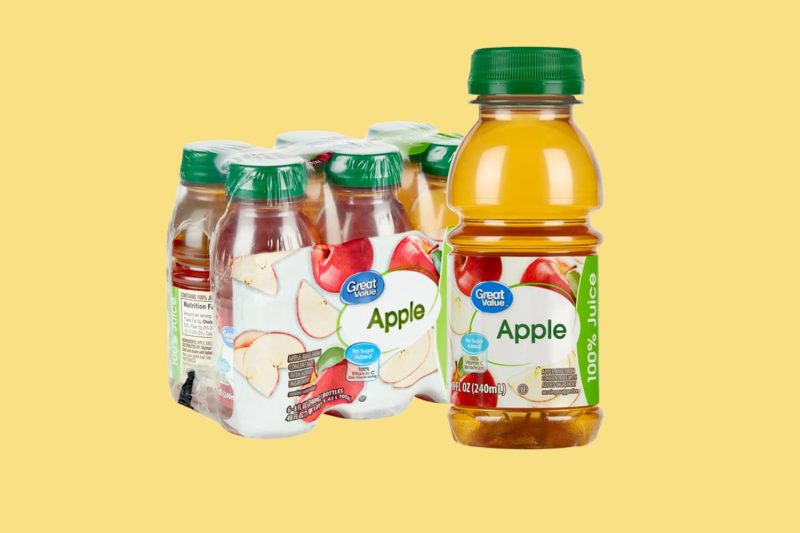
Walmart Recalls Apple Juice in 25 States due to High Arsenic Levels: Urgent Notification
The recent recall of apple juice by Walmart due to elevated arsenic levels has raised concerns among consumers about the safety of commonly consumed products. Arsenic, a toxic substance found in the environment, can pose serious health risks when consumed in high levels. Walmart’s decision to recall the affected apple juice sold in 25 states highlights the importance of food safety regulations and the need for vigilant monitoring of product quality.
Arsenic is a naturally occurring element that can be found in soil, water, and air. In small amounts, arsenic is typically harmless. However, elevated levels of arsenic in food and beverages can be detrimental to human health. Chronic exposure to high levels of arsenic has been associated with various health issues, including cancer, cardiovascular diseases, and neurological disorders.
The Food and Drug Administration (FDA) has set limits for arsenic levels in certain foods and beverages to protect consumers from potential health risks. In the case of apple juice, the FDA has established a standard of no more than 10 parts per billion (ppb) of inorganic arsenic, which is a more toxic form of the element. Elevated levels of arsenic in apple juice, as identified in Walmart’s recent recall, can exceed these regulatory limits and warrant immediate action to safeguard public health.
Walmart’s swift response to the issue by initiating a voluntary recall of the affected apple juice demonstrates the company’s commitment to ensuring the safety and well-being of its customers. By proactively addressing the elevated arsenic levels in the product, Walmart is not only complying with regulatory requirements but also upholding its responsibility to deliver safe and high-quality products to consumers.
Consumers play a crucial role in food safety by being informed and attentive to product recalls and alerts issued by retailers and regulatory agencies. In the case of the recalled apple juice, consumers in the affected states are advised to check their purchases and discard or return any potentially contaminated products to Walmart for a refund. By following these recommendations, consumers can protect themselves and their families from potential health hazards associated with elevated arsenic levels in apple juice.
Moving forward, it is essential for retailers, manufacturers, and regulatory bodies to work together to prevent similar incidents of elevated arsenic levels in food and beverages. Regular testing, quality control measures, and transparency in reporting findings are key steps in ensuring the safety and integrity of products hitting the market. By maintaining a collective focus on food safety, the industry can uphold the trust of consumers and mitigate risks associated with harmful contaminants like arsenic in everyday products.
